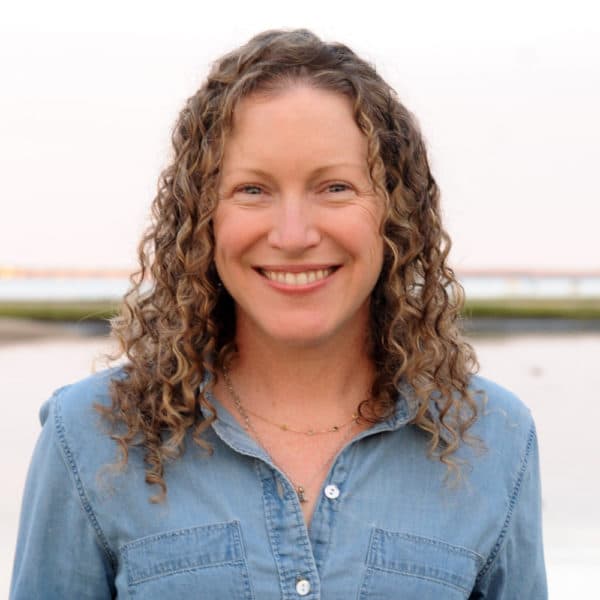Advertisement
Cog's Weekly Newsletter
Finding my people

Editor's Note: This essay appeared in Cog's newsletter, delivered weekly on Sundays. To become a subscriber, sign up here.
I recently listened to journalist Ed Yong’s lovely, thoughtful turn on The Interview, a New York Times podcast. Yong is a Pulitzer Prize-winning science writer who covered the coronavirus pandemic with extraordinary empathy and depth. My husband is an emergency medicine doctor, and at times when the pandemic felt particularly all-encompassing, Yong’s work made me feel grounded, even as I wondered about the toll it took on him as a journalist. He talks about this in the interview, and also, maybe unexpectedly, about his new passion as an avid birder.
Like a lot of people, Yong feels like the world is on fire, as we careen from one crisis to the next. People are suffering. On the pod, he told host David Marchese that sometimes, when he goes birding, the little voice in his head asks, “is this really the best use of my time?”
Even if you can manage to metabolize what’s happening day to day or hour to hour in Washington and around the world, life is so often steeped in worry closer to home too, about kids or aging parents, or just what’s for dinner. Here’s how I try to think about it: Being a person is hard, and there are things that bring us joy or wonder. Headlines can induce heart palpitations and we can take a walk in the woods. Both things can be true.
Ultimately, Yong says something similar: “I know that I’m more useful to my community if I myself am whole. And being out in nature gives me that.”
For me these days it’s books, not birds. Let me backup a little.
The year before the pandemic, I was immersed in a novel writing program with nine other brave souls and their 90,000 word manuscripts. I had a mortgage, three young kids, a serious relationship with my minivan – and no idea how I was going to pull off commuting 90 minutes to Boston once a week for a class that went ‘til 9 p.m. But I took the leap.
For one night a week, I got to step into this other part of myself. I took the train from Providence and walked through Back Bay as the leaves changed. When my FOMO proved too big to miss an after-class bar night, I figured out how to stay overnight once a month. I drove to soccer practice and made dinners and did bedtimes and, at least one time, talked about character arcs with a friend over IPAs until last call. My classmates became my dear friends. Committing to that year required me to make space for things that didn’t qualify as essential, at first, until I realized how much more whole they made me feel.
Advertisement
When I started writing fiction, I went to book events hoping to learn, as if by osmosis, the secret to getting published. (Spoiler: My book published last summer, and I still don’t know the secret.) Now I go to readings or author panels, events at bookstores or restaurants, and I just feel happy to be there. Sometimes I’m showered and styled, other times I’m running out the door in a fleece and “Tortured Poets Department” baseball cap. Sometimes I know the writers and am there to support a friend, but often I’m still just there to listen. I always leave feeling more grounded, more hopeful, more whole. Writing a novel — writing anything — is an act of optimism. The world is overwhelming, and people are so thoughtful, funny and smart.
In Cog this week, Raleigh McCool wrote about finding community in a spin class, and then followed the experts’ rules of throwing a party to celebrate the people that made him feel most like himself. It’s a delight.
He writes, “I’d asked folks to come prepared with a story about a time when they felt welcome in a new place.” What happened next was unexpected, in the most heartening of ways.
Whether it’s birds, bikes or books, I hope you have something you’re looking forward to this week.
P.S.— Speaking of sharing stories, insight, laughs and community, Cog hosted an event about menopause this past week at WBUR’s CitySpace. If you missed it, you can catch the full show here. And watch the highlights below.
Follow Cog on Facebook and Instagram. And sign up for our weekly newsletter.
